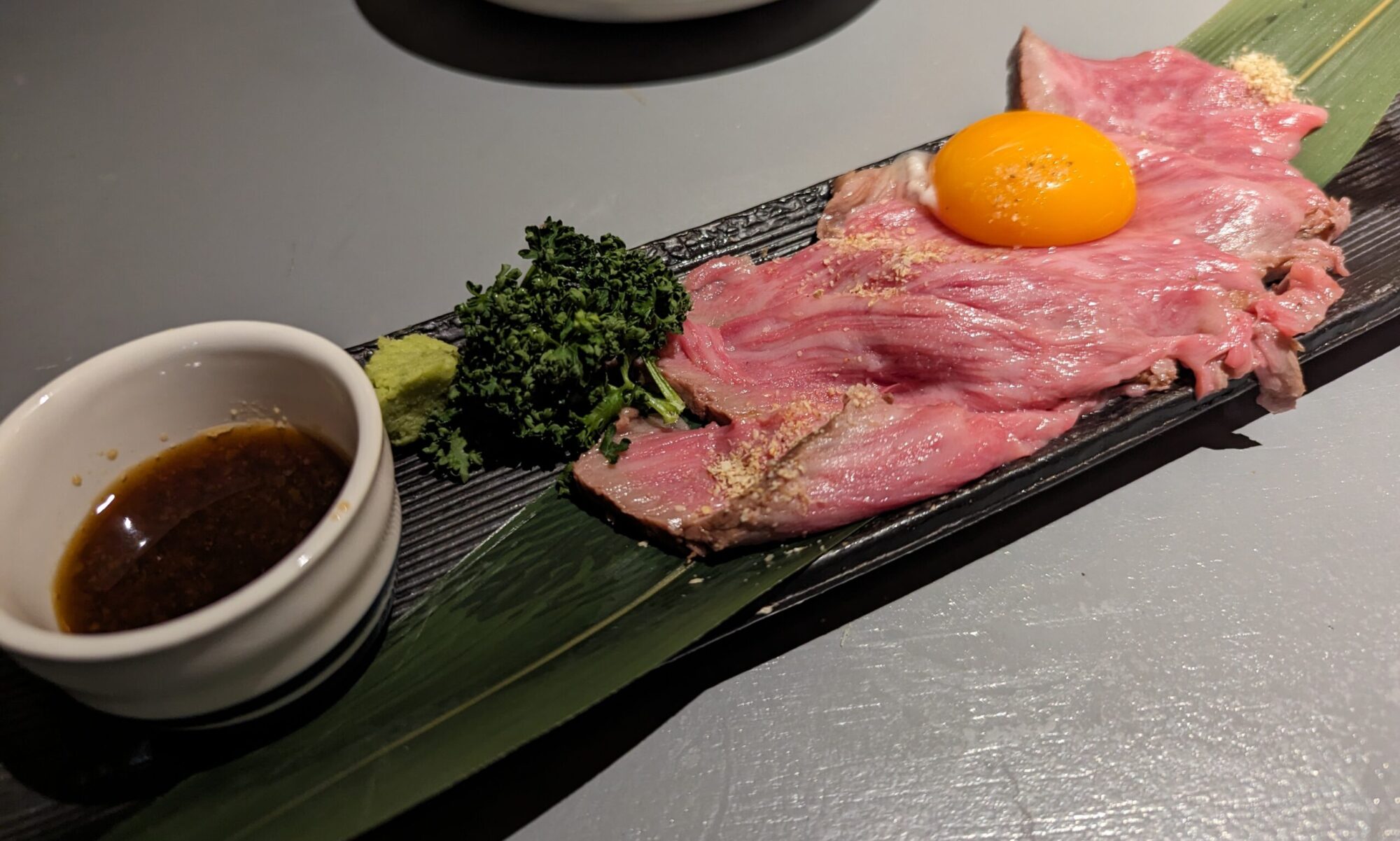
Introduction:
Japan’s cannabis regulations are extremely strict, with administrative actions that would be inconceivable from the perspective of human rights recognition in the West.
Current Situation:
In Japan, while “use” of cannabis is not punishable, “possession,” “cultivation,” and “transfer” are subject to imprisonment. Although first-time offenders may receive a suspended sentence, if they are arrested for cannabis possession again within the probationary period, they are actually incarcerated in prison.
Japan’s drug regulations are very stringent, with even possession of 0.1g of cannabis leading to arrest and a minimum of 23 days in pre-trial detention in prison, during which time individuals are not allowed visits from anyone other than their lawyers.
Conclusion: Can this be considered a modern state?
Report:
Japan’s stance on cannabis is an anomaly in the context of contemporary global attitudes towards drug regulation and human rights. While many countries have been adopting more lenient policies towards cannabis use, especially for medicinal purposes, Japan maintains an archaic and punitive approach that seems out of step with the values of a modern society.
The dichotomy between the treatment of cannabis “use” versus “possession,” “cultivation,” and “transfer” in Japan is particularly striking. While consumption is not directly punishable, individuals face severe penalties for possessing even small amounts of cannabis, with imprisonment being a real possibility. This not only perpetuates a cycle of incarceration but also raises questions about the proportionality and fairness of Japan’s legal system.
Furthermore, the strictness of Japan’s drug regulations extends beyond cannabis to encompass other substances as well. The stringent penalties for minor drug offenses, such as possession of small amounts of cannabis, raise concerns about the prioritization of punishment over rehabilitation and the potential for disproportionate consequences, particularly for young or first-time offenders.
The inhumane conditions of pre-trial detention in Japan’s prisons, where individuals may be held for weeks without access to family or other visitors, further highlight the harshness of the country’s drug policies. Such practices not only undermine the rights of individuals but also fail to align with international standards of justice and human rights.
In conclusion, Japan’s approach to cannabis regulation and drug policy raises serious questions about its commitment to principles of justice, fairness, and human rights. In an era where many countries are reevaluating their drug policies to prioritize harm reduction and rehabilitation, Japan’s steadfast adherence to punitive measures seems increasingly out of touch with global norms and values. As such, it is imperative for Japanese authorities to reconsider their approach and explore more humane and evidence-based strategies for addressing drug-related issues in the country.
Now let’s figure out how to smoke without possession.
